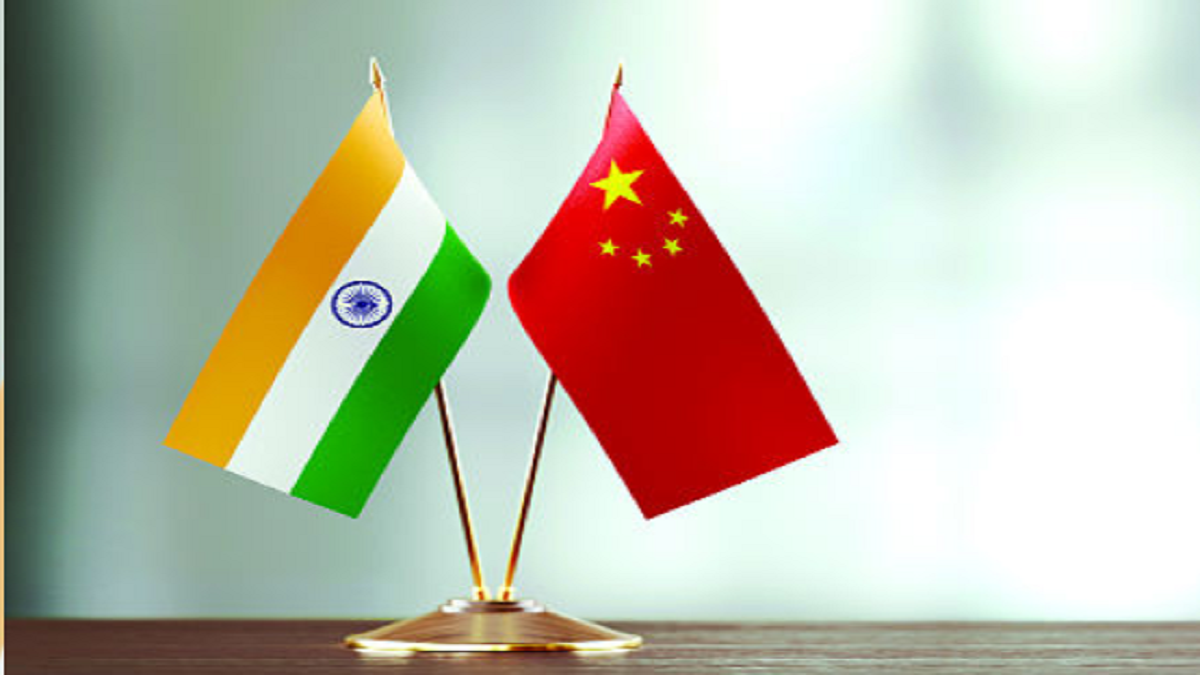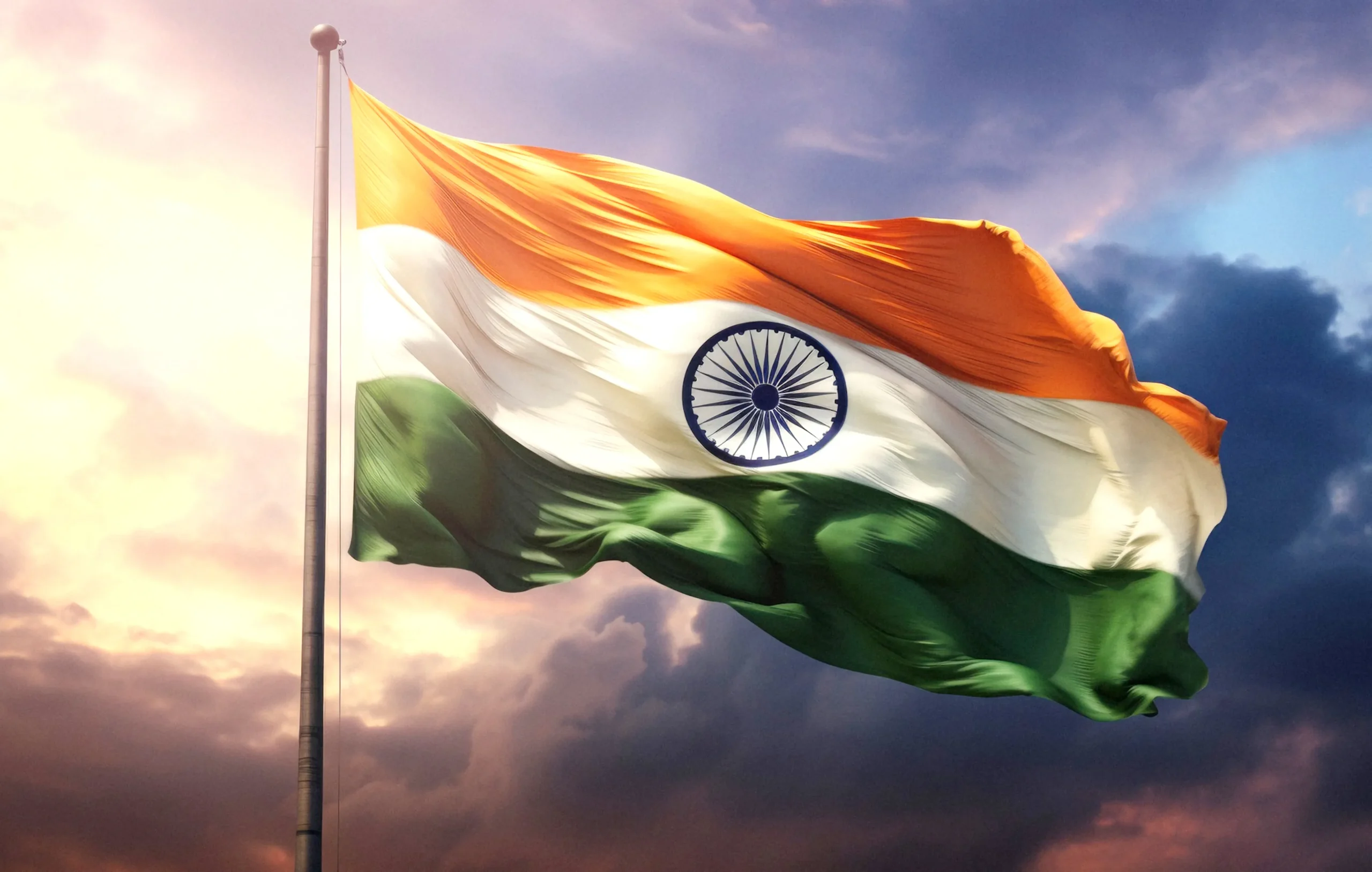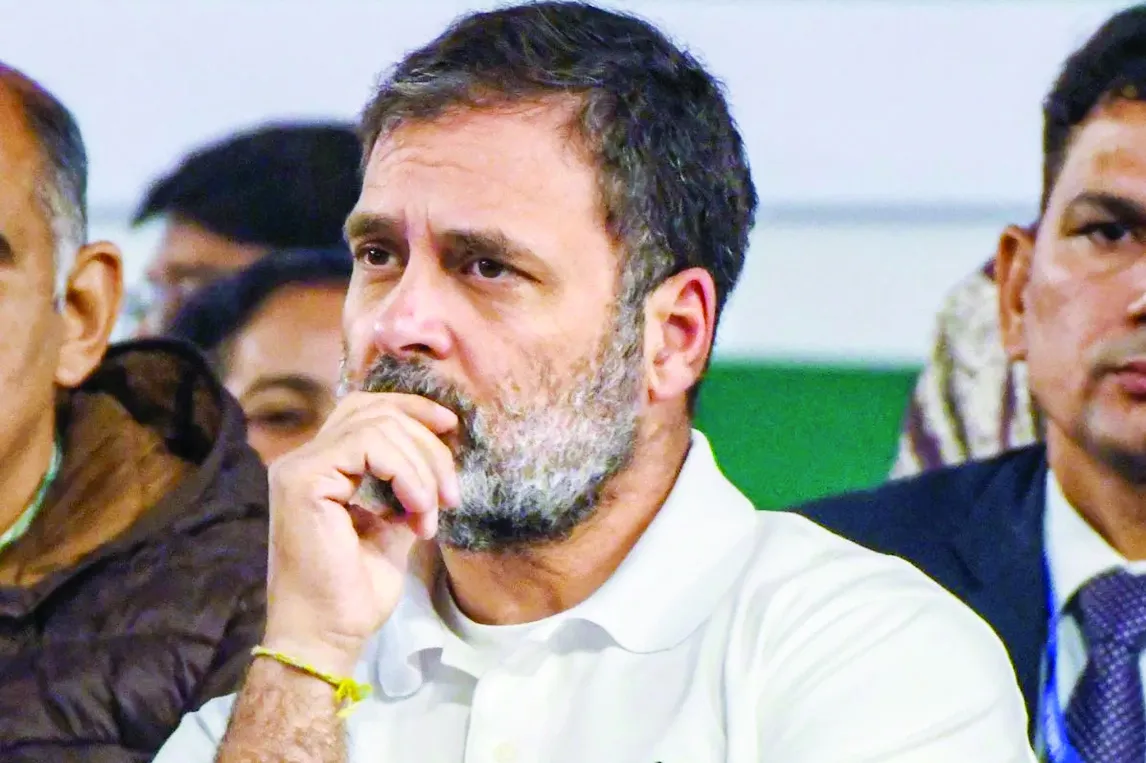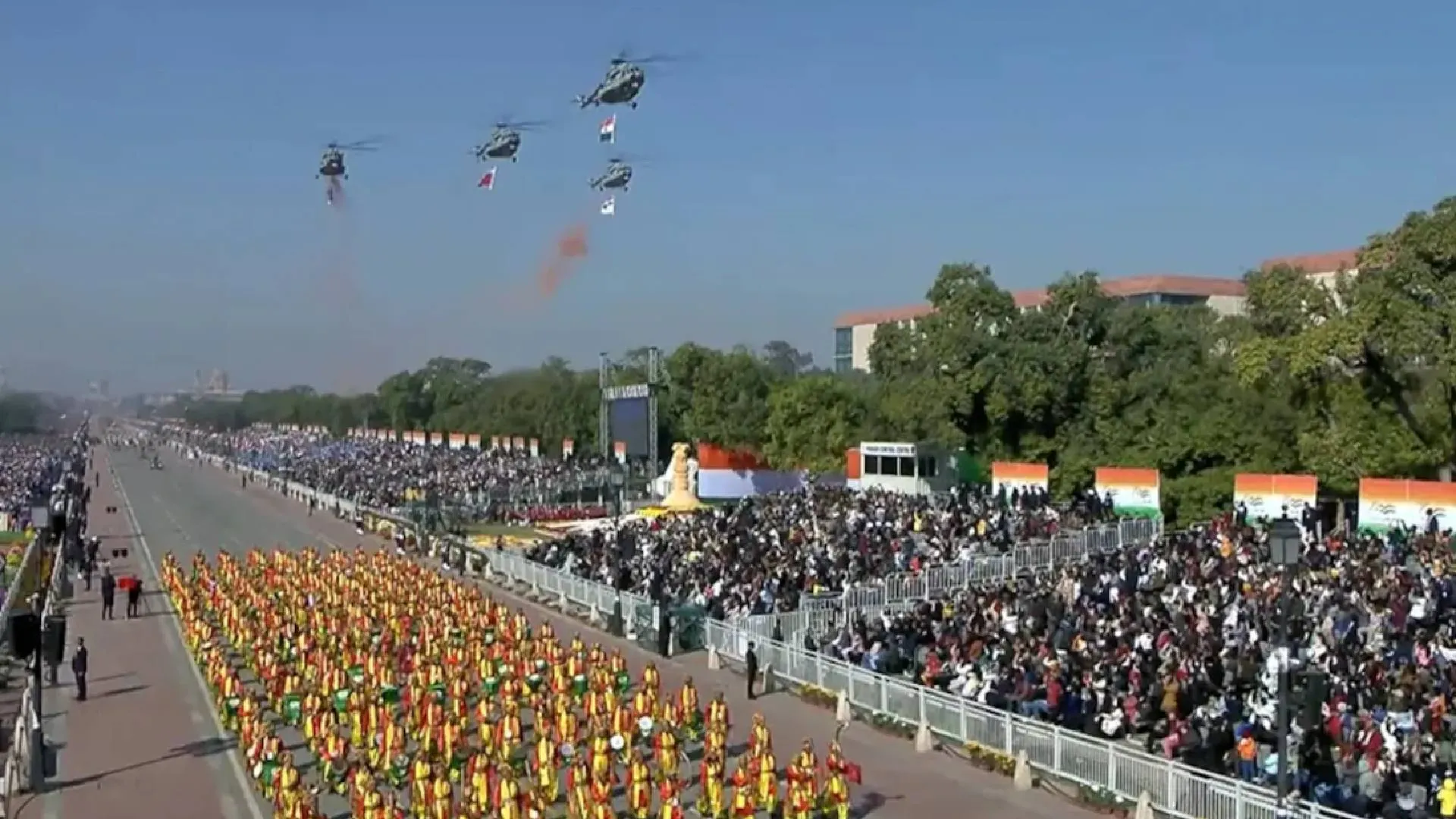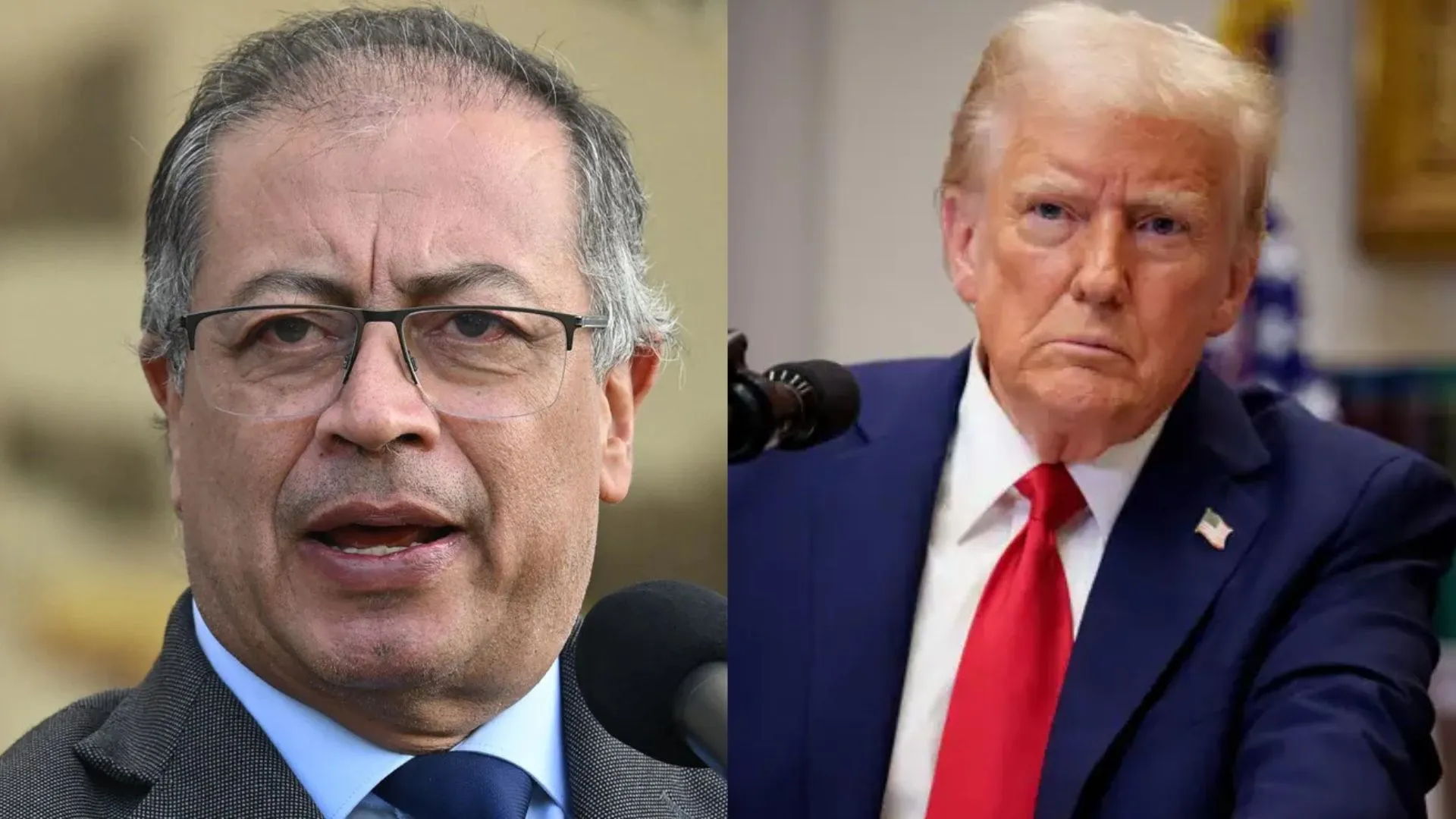Instability is bad for business. Be it social tension, civil strife or labour trouble, a country’s investment prospects can be impacted if the perception grows that the situation is not conducive for a healthy business environment. The anti Citizenship Amendment Act protests and violence, with the attendant shrill coverage by the international media, portrayed India in a poor light, giving the impression of instability, even though the government in New Delhi had returned with a landslide and was in a position to implement major reforms. Fast forward to the labour unrest of 12 December at an iPhone manufacturing plant run by Taiwanese company Wistron, where thousands of contractual workers went on a rampage over delay in the payment of dues. This came as a major surprise because labour unrest in a business-friendly state such as Karnataka is not common, unlike in West Bengal, where the “militant” labour unions single-handedly drove businesses out of the state. Interestingly, the news of this violence was picked up by the Chinese Communist Party mouthpiece, Global Times, with much glee, to relay to the world that businesses were better off shifting to China from India, where inequality was leading to social tensions. And now there is serious speculation that the violence in Karnataka may have been instigated by China, with the intention of showing India as an unreliable manufacturing base, at a time when companies are trying to diversify supply chains, instead of keeping all their eggs in the Chinese basket. Here, it must be made clear that there is no proof that the so-called spontaneous anti-CAA protest, which went on for three months was funded from abroad, even though it must be probed how the funding happened for the protesters to sustain their “movement” for so long. The CAA protest is being mentioned to show how efforts are being made by certain forces to besmirch India’s name globally, apart from conveying a feeling of drift and anarchy to scare away investments. Disinformation is being used as a means towards this end.
Now take the example of this constant harangue on India’s human rights record from different international fora. A narrative has started being built about the minorities in this country facing an existential threat. An outrageous lie, it was, however, picked up by the US Commission on International Religious Freedom (USCIRF), which bracketed India with China as a country “of particular concern” when it comes to religious freedom—China, a country which runs concentration camps for Uyghur Muslims. Will it be too far-fetched to think that India is being used by certain quarters to divert attention from China’s human rights record at a time when there is some movement of investments out of China to countries such as India? After all, painting India in such a poor light serves the purpose of both the anti-India and pro-China/Pakistan lobbies—lobbies whose interests often converge in their bid to show us down.
However, China, perhaps, is in trouble, It has raised many hackles around the world by unleashing the coronavirus pandemic and wreaking havoc. An angry US Congress has passed the Uyghur Forced Labor Prevention bill, which when it becomes law, will allow the US to sanction tech companies that have any connection with Chinese firms using forced Uyghur labour in their units. But human rights and authoritarianism are mere niggles for big corporations, whose sole motive is profit. Hence, it should not come as a surprise that big tech, in this case Apple, is now lobbying for the watering down of the provisions of this bill. However, in a curious twist of “fate”, one of Apple’s suppliers in China, Lens Technology, has been found to be neck deep in employing forced Uyghur labour, so it is possible that Apple’s lobbying efforts may go in vain, and if US lawmakers have their way, doing business with China may get increasingly difficult for companies.
The coronavirus pandemic sweeping across the globe has made “Made in China” an anathema, one of the reasons why companies are being forced to think of shifting out of that country. Trying to diversify supply chains is also a reason. Countries such as Japan are providing incentives to businesses to shift their manufacturing bases out of China. US, India, Japan and Australia have started talking about building “resilient supply chains”, which effectively means reducing dependence on China as a manufacturing base. Japan has proposed a “Supply Chain Resilience Initiative” (SCRI), comprising Japan, India and Australia. In short, conditions are being created for businesses to move out of China.
Make no mistake, China, in spite of all its bravado, is worried. China knows a threat when it sees one—India. Amid this, we need to step up our game, not just by ensuring a business-friendly environment, but also by being constantly vigilant about the efforts being made by vested interests including China to incite trouble, blacken our name as a democracy and as a thriving business destination.

